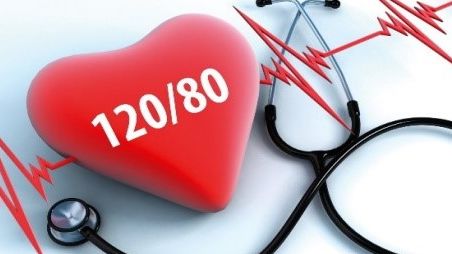
At the initiative of the World Antihypertensive League and the International Society of Hypertension with the support of the WHO, every year since 2005 on May 17 the whole world celebrates the International Day against Arterial Hypertension. The purpose of this event is to raise public awareness about the disease.
Blood pressure (BP) is the force with which the flow of blood presses against the walls of blood vessels.
Arterial hypertension (AH) is one of the most common diseases in the modern world, which, with a prolonged course leads to the development of circulatory diseases such as coronary heart disease (angina), heart and kidney failure and their complications (stroke, myocardial infarction).
AH risk factors
- Bad habits (smoking, excessive alcohol consumption)
- Unsustainable diet (including excessive salt intake)
- Low physical activity
- Excess body weight, obesity
- Exposure to stress
- Chronic fatigue
- Age over 35
- Genetic burden
AH prevention:
1. Primary prevention is the prevention of the disease (elimination of controllable risk factors for practically healthy people whose BP is normal).
- Giving up bad habits - completely give up smoking and alcohol, or at least reduce the dose of alcoholic beverages.
- Moderate physical activity - exercises aimed at endurance training (general strengthening, breathing exercises, exercising on simulators, swimming, walking, running, cycling)
- Healthy eating - more plant foods than animals, limit fatty, fried, salty foods (less than 5 grams of salt a day, replace salt with spicy herbs, garlic, etc.), exclude sausages, frankfurters, fast food, sweet fizzy drinks.
- Psychological unloading - learn how to manage stress (master psychological unloading methods - auto-training, self-infusion, meditation).
2. Secondary prevention of hypertension - used for patients diagnosed with arterial hypertension. The main goal is to avoid dangerous complications of AH (coronary heart disease, myocardial infarction, cerebral stroke).
Secondary prevention includes two components:
Non-medication treatment of hypertension corresponds to primary prevention, but with stricter requirements, when all restrictions become immutable rules of behavior.
Antihypertensive (drug) therapy - taking a certain complex of drugs aimed at reducing and stabilizing the level of your blood pressure, which helps to reduce the risk of cardiovascular complications.
Important: Strictly follow all the doctor’s recommendations. Do not skip or stop taking medication despite the stabilization of BP, keep a self-monitoring diary and discuss all changes and observations with your doctor.



